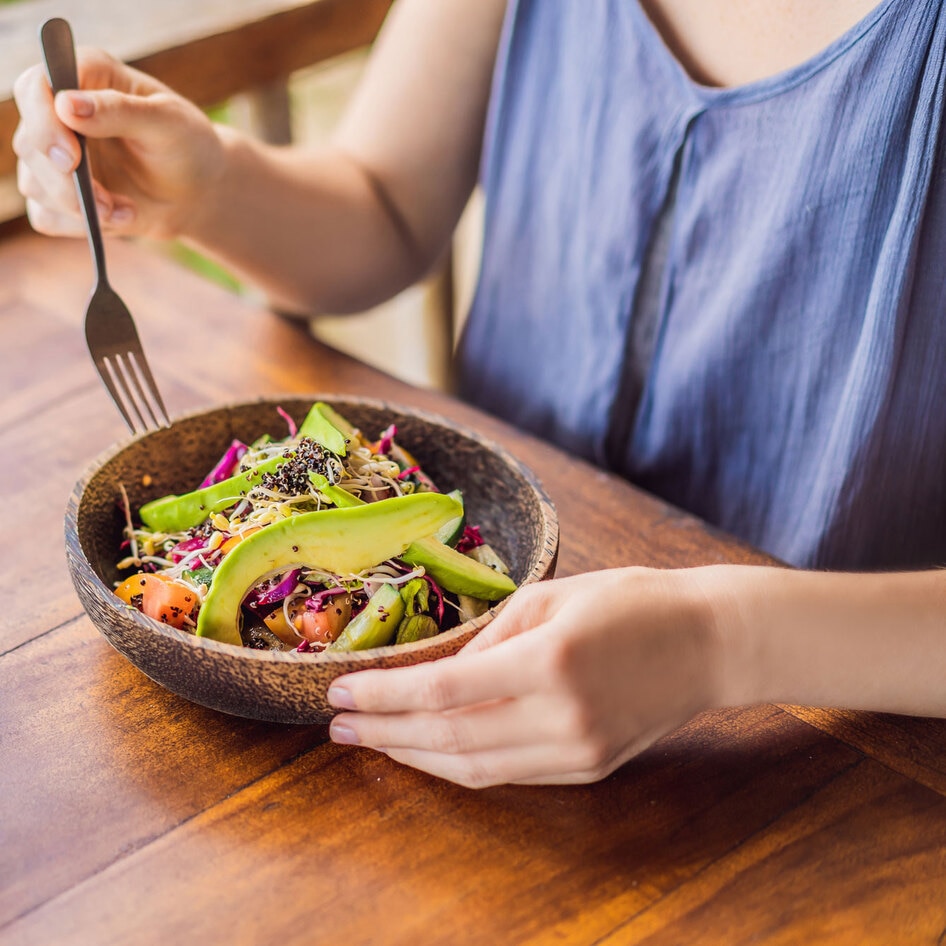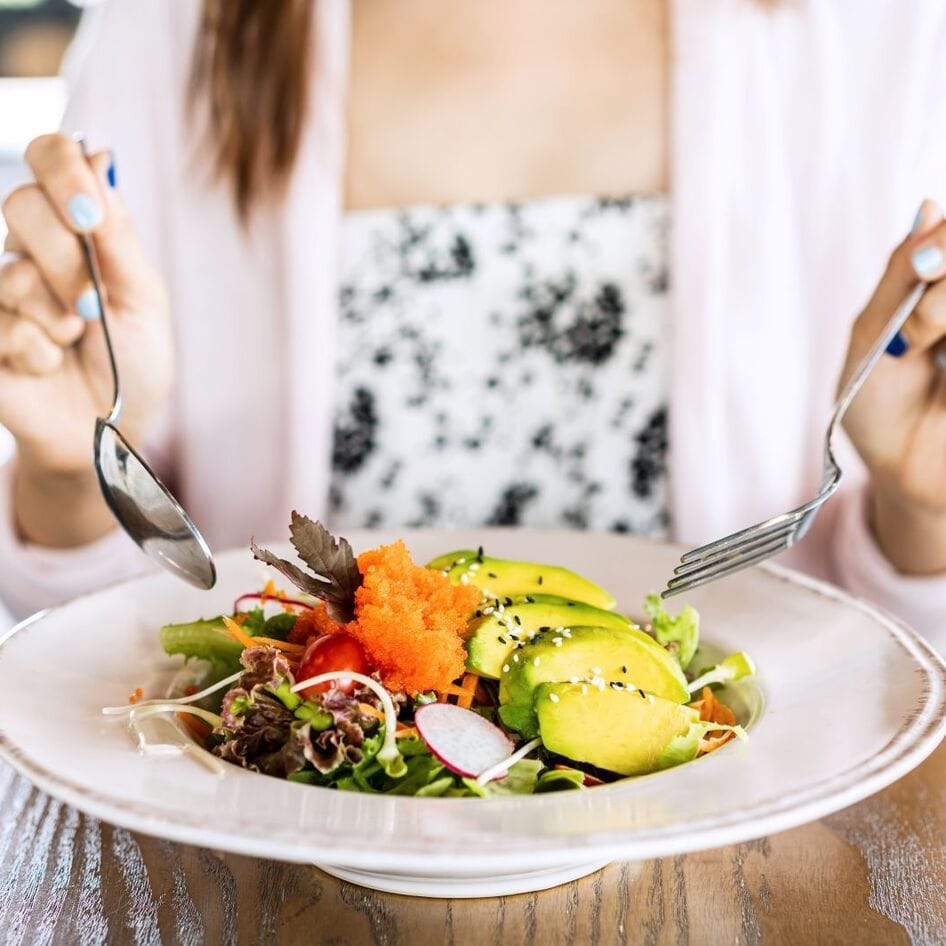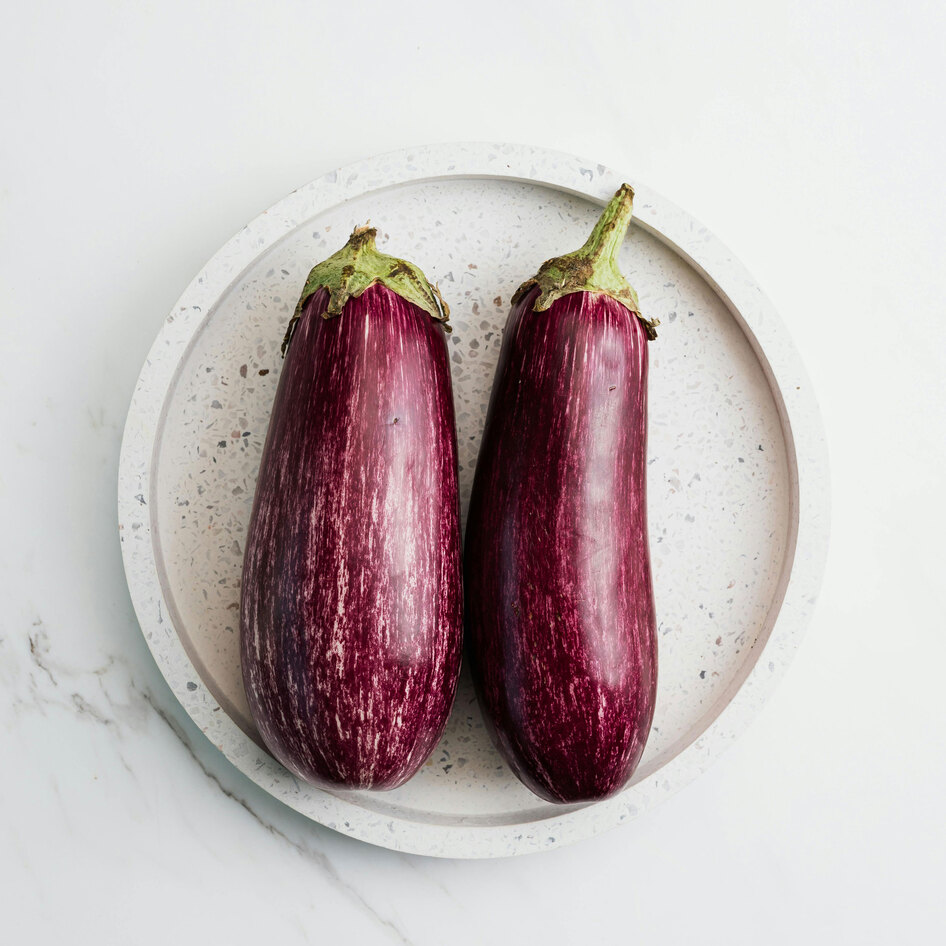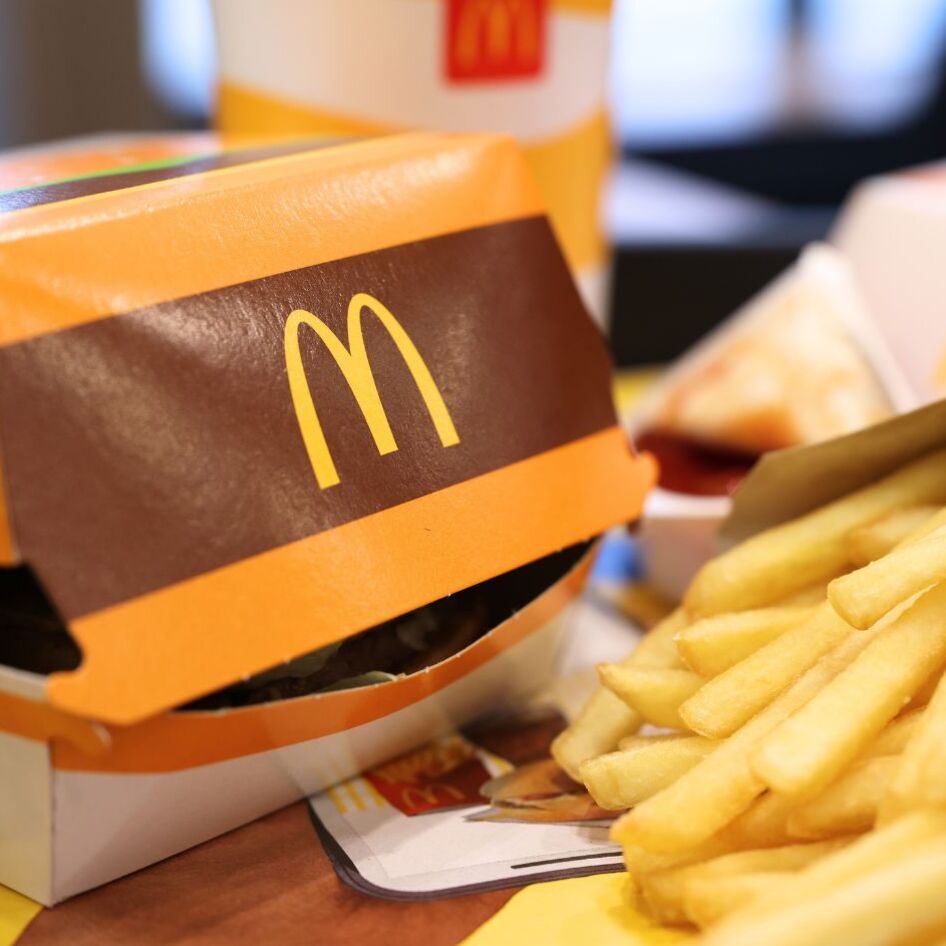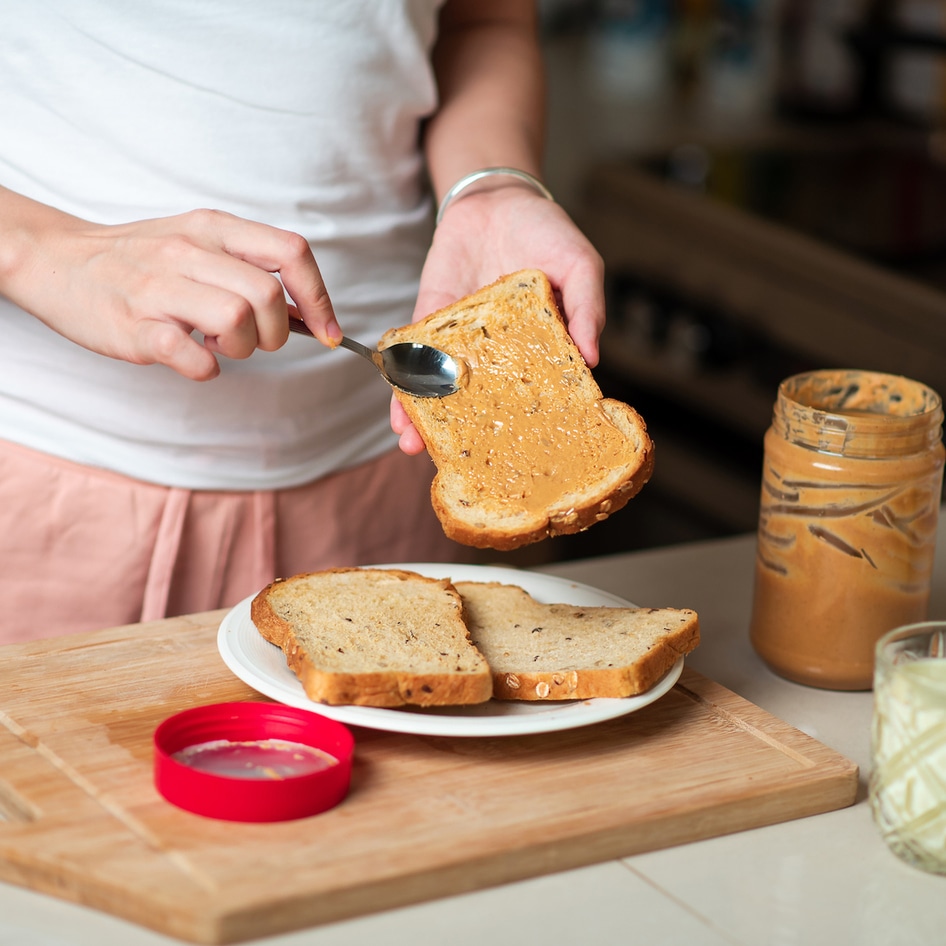Want to Lower Your Blood Pressure? Go Vegan!
Lowering your blood pressure is just one more reason to ditch meat and dairy.
January 4, 2018
It’s true: vegans have lower blood pressures, which is good news given the recently revised definition for high blood pressure. People who previously had normal blood pressures are now being labeled as hypertensive (the medical term for having high blood pressure), which is a serious diagnosis. Unbeknownst to many, high blood pressure is the largest risk factor for death globally. With the new guidelines broadening the definition for high blood pressure, more people than ever will have high blood pressure in America. Fortunately, high blood pressures can be lowered naturally through a variety of lifestyle measures, especially by eating a diet that is rich in plant-based food. So, before the new blood pressure definitions raise your blood pressure further, it’s worth remembering these important ways to lower it.
1. Low salt content
Some of the biggest sources of salt are from meats, cheeses, and poultry, which is one reason why those who follow the Standard American diet ingest too much sodium (approximately 3.4 grams of it per day). One reason for this is because salt is added in the production of animal-based foods. For example, chicken is often injected up to a fifth of its weight with salt water to maintain flavor in a process called “plumping,” which can increase the sodium content seven-fold. However, a whole-foods, plant-based diet is naturally low in salt and sodium, and the low rates of hypertension in indigenous societies is thought to be due to their low salt consumption. Without processed food, meat, or junk food, rural Africans and South Americans have low blood pressures well into old age, unlike Americans, who eat a high-salt diet.
2. High potassium content
As you reduce your sodium intake, increasing your consumption of foods that are high in potassium is also helpful to reduce your blood pressure even further, as those who eat more potassium-rich foods have lower blood pressures. Fortunately, potassium is found naturally in plants in sometimes substantial concentrations. For instance, avocados, spinach, and squash are all naturally rich in potassium. A high potassium consumption has also been linked with a lower risk of stroke. Although nobody understands why potassium is so helpful, the biggest benefits are seen in those who simultaneously reduce their sodium intake as well.
3. Plant foods help with weight loss
Plant foods help with weight loss in two main ways: by reducing the caloric density of the foods you eat and by increasing your resting metabolism. As such, vegans are able to decrease their caloric intake while simultaneously increasing their caloric expenditure, which can lead to sustainable weight loss. It is estimated that for every kilogram of weight lost, you can reduce your systolic blood pressure (the top number on your blood pressure reading) by one point, and weight loss is known to reduce blood pressure, which is another reason why vegans have low blood pressures.
4. Plants are rich in phytonutrients
Plant-based diets are also rich in antioxidants, polyphenols, phytochemicals, and other substances such as nitric oxide that are thought to reduce blood pressure. Some plant foods are remarkably potent for lowering blood pressure. For example, hibiscus tea has been shown repeatedly in medical studies to lower blood pressure. In a randomized, controlled clinical trial, hibiscus tea was as effective as captopril, a medication used to treat high blood pressure, in reducing the blood pressure of participants (of course, if you choose to use hibiscus tea or another intervention to treat your blood pressure, you should do so under the supervision of a physician).
Shivam Joshi, MD, is a lifestyle physician and nephrology fellow in Philadelphia, Pennsylvania.
JUMP TO ... Latest News | Recipes | Guides | Health | Subscribe

